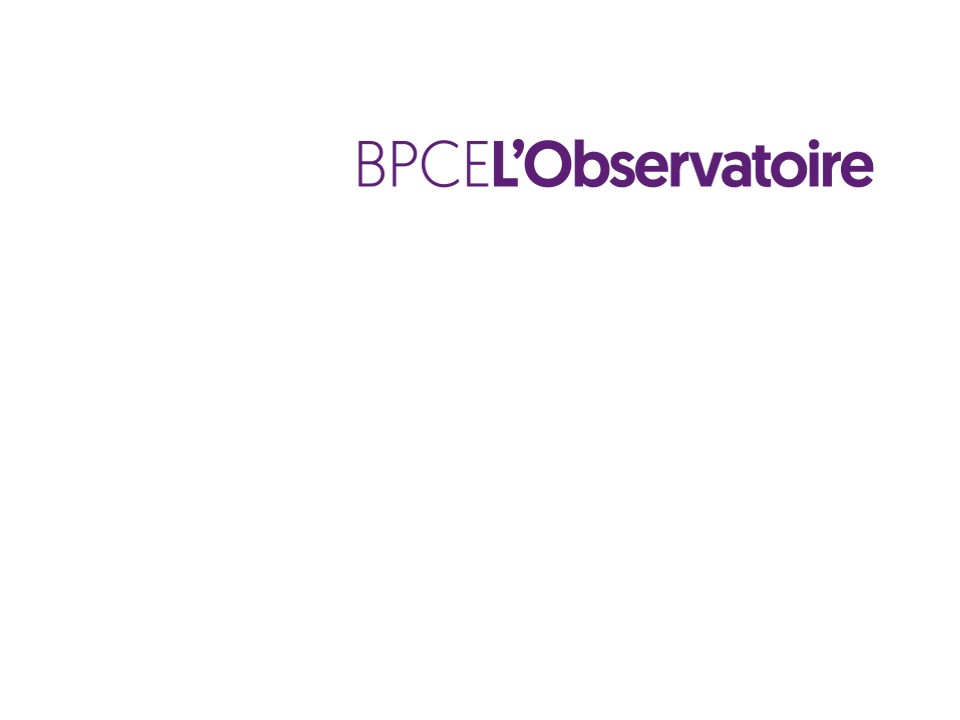

The transformation of winegrowing between major underlying trends and the impact of the health crisis
[October 2021] After publishing its study on the French farming industry in July 2021, BPCE L'Observatoire presents the results of the survey it conducted with Institut BVA in February/March 2021 among 431 winegrowers. The findings give us a clearer idea of the transformations sweeping through the winegrowing sector with the wider adoption of agro-ecology, the development of short supply chains, and challenges of a demographic nature.


A sector severely hit by the health crisis but focused on the future
Winegrowing, a sector of excellence in France, has been through difficult times since 2020 with the health crisis and American customs duties depressing national and global demand. In 2021, 62% of winegrowers think that the health crisis has had a negative impact on French agriculture as a whole. Despite this, however, the outlook for future investment remains strong: 65% of winegrowers plan to make at least one investment in the next two years chiefly to acquire and renew equipment or to extend or modernize their buildings.
Winegrowers, deeply committed to agroecology
Winegrowers play a major role in the ecological transition in agriculture with two-thirds of them integrating climate change into their production systems: 23% of them have adopted organic production methods or are in the conversion process and 61% say they have already embarked upon an agroecology approach, adoption rates that are higher than among other farmers (14% and 49% respectively). They are also more likely to have obtained environmental certification (53% compared to 21% for other farmers). However, obstacles still exist to moving towards greater agroecology, notably investments in equipment, the need for technical support, and shortages in manpower.
Diversification through short supply chains
For winegrowers, the development of short supply chains is the preferred diversification approach: 43% of them are already involved in direct sales (compared with 19% of farmers in general) and 11% are active in wine tourism (compared with 5% of farmers). In contrast, winegrowers are less involved in energy production, which is more common in other agricultural sectors (livestock, field crops, etc.).
Although direct sales are highly developed, online sales still remain limited in scope. Although 36% of wine producers have an online presence via a website or a page on social networks, very few of them offer online payment services. This is an area that is expected to expand over the next few years.
Winegrowers’ principal concerns: retirement and the transfer of ownership
The greatest worries facing members of the wine industry are retirement and the transfer of ownership given the imminent arrival of a large wave of retirements, with 14% of winegrowers over the age of 55 saying they currently have nobody prepared to take over their vineyards. These issues are of greater concern to women, who account for 32% of vineyard owners (compared with 20% of women in agriculture in general). Just as for farmers, the ability to recruit a new generation of winegrowers will be a major challenge for the years to come.